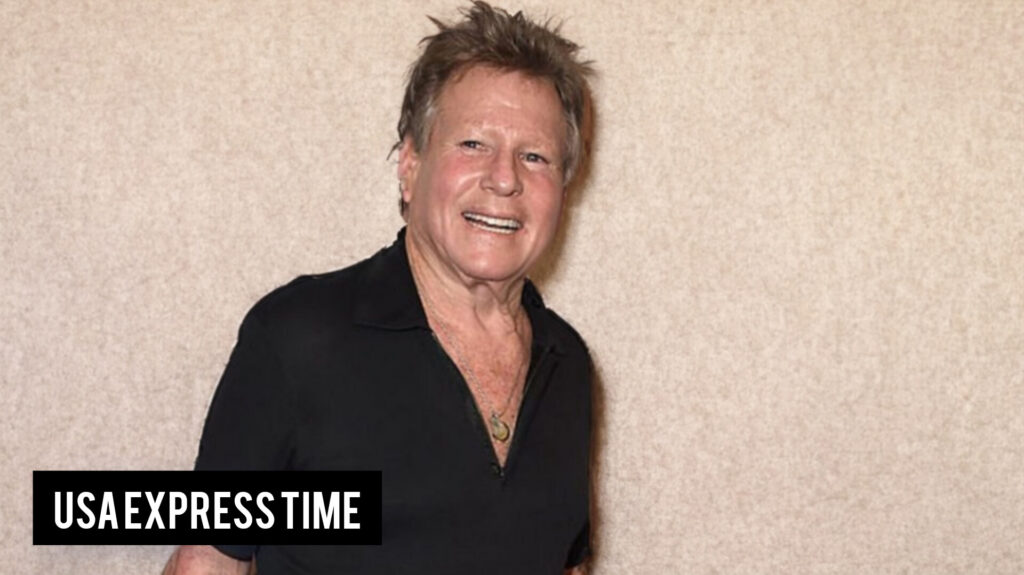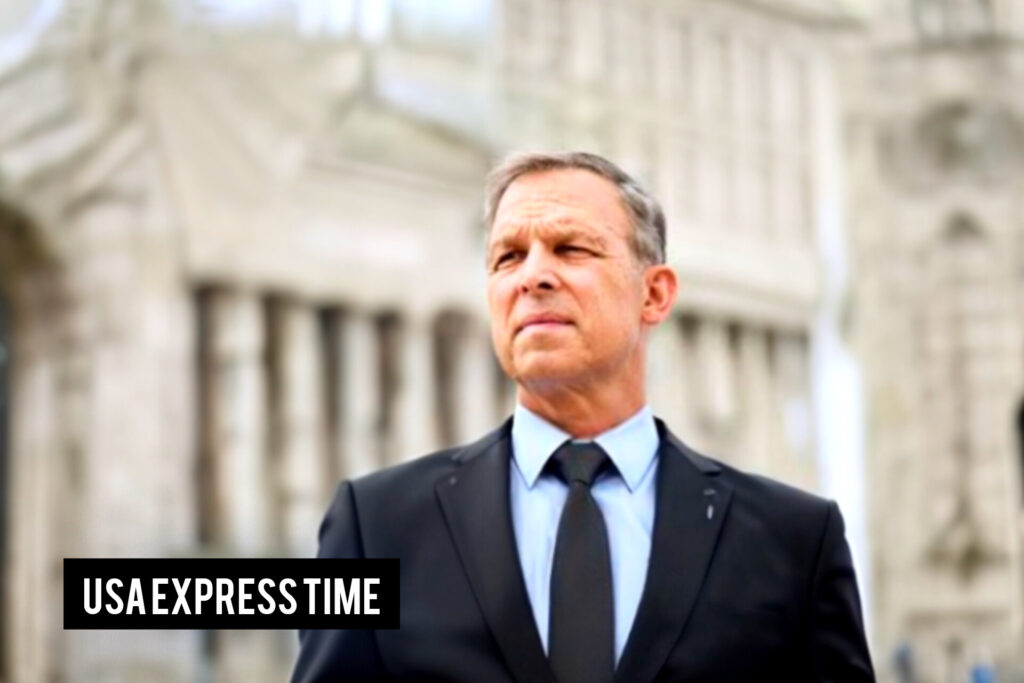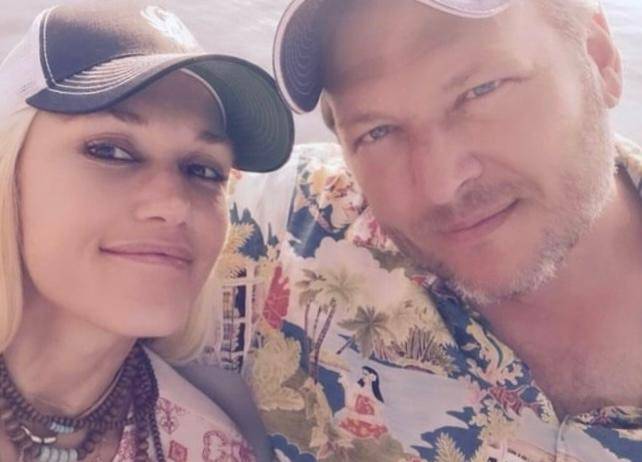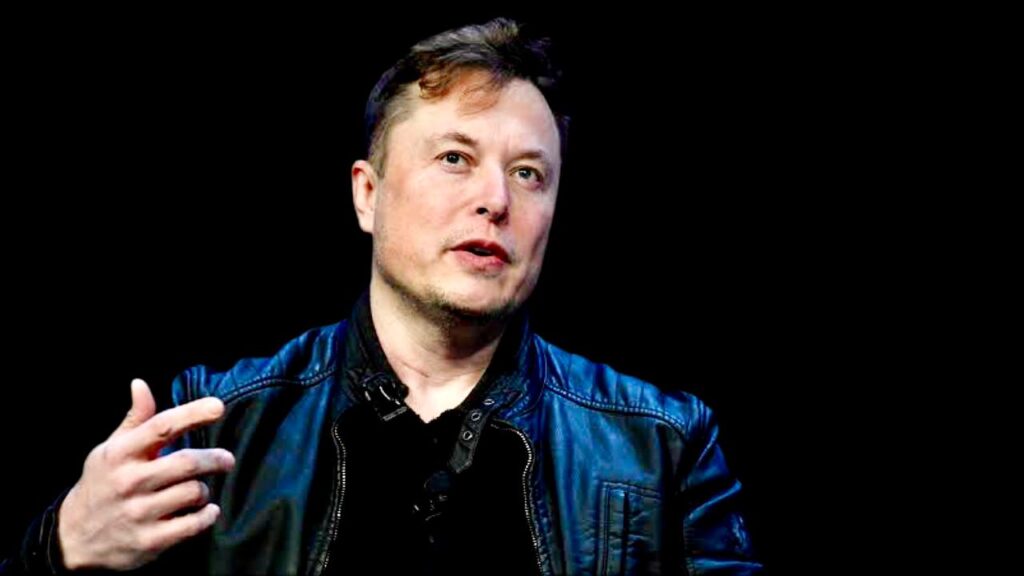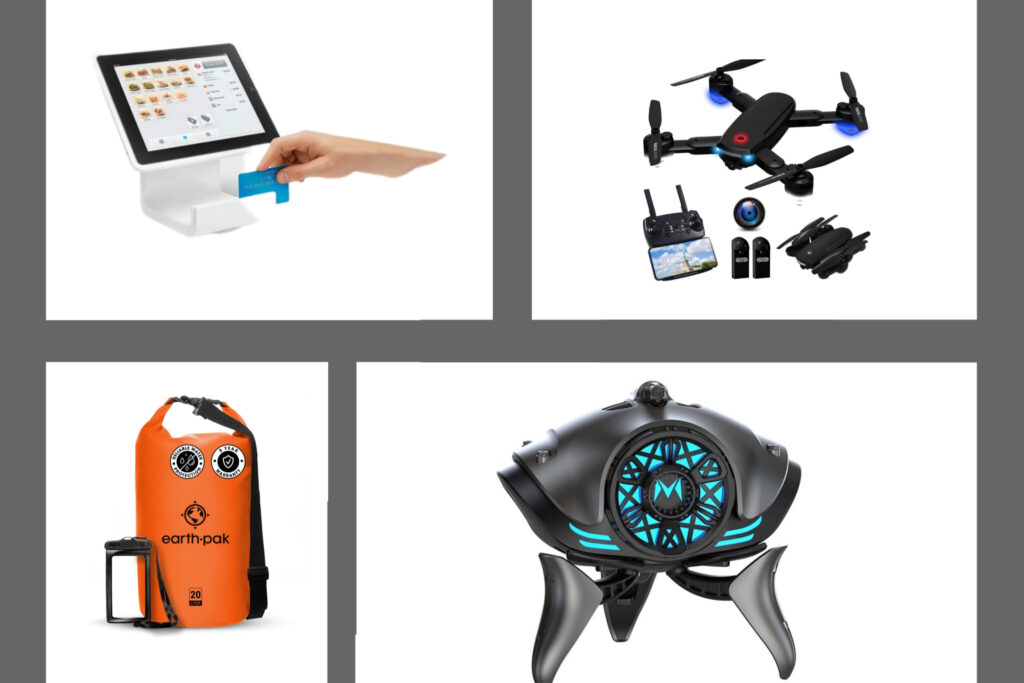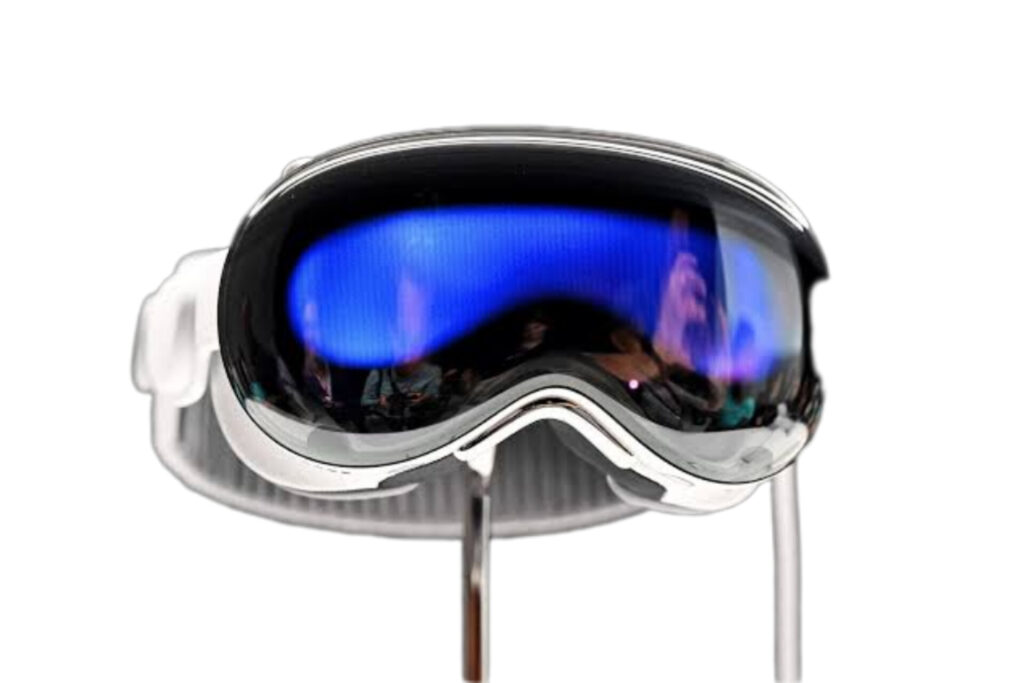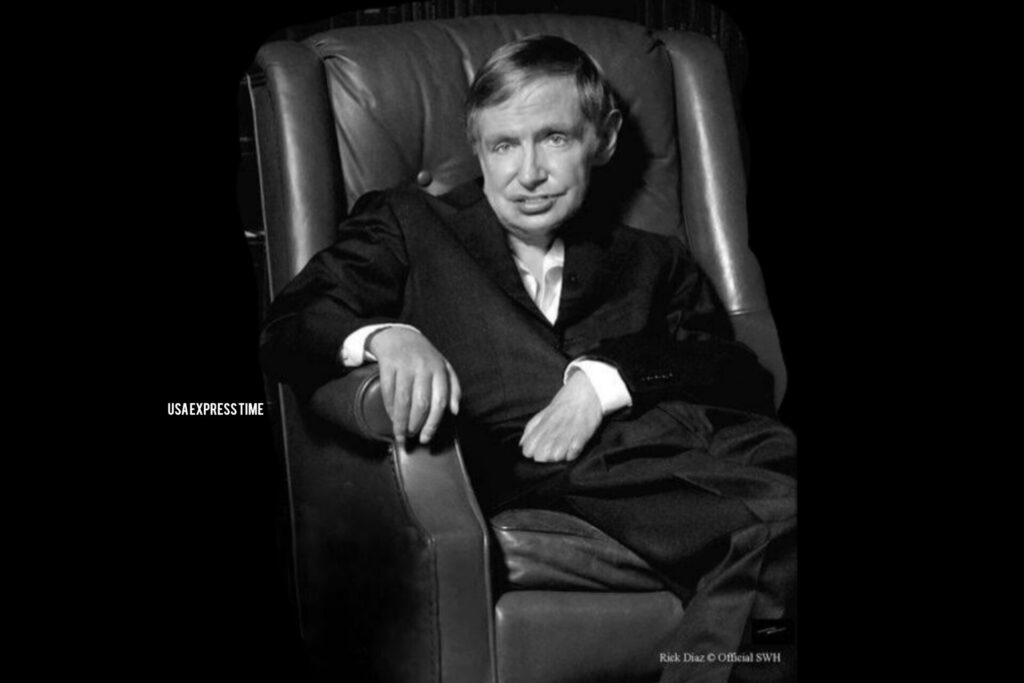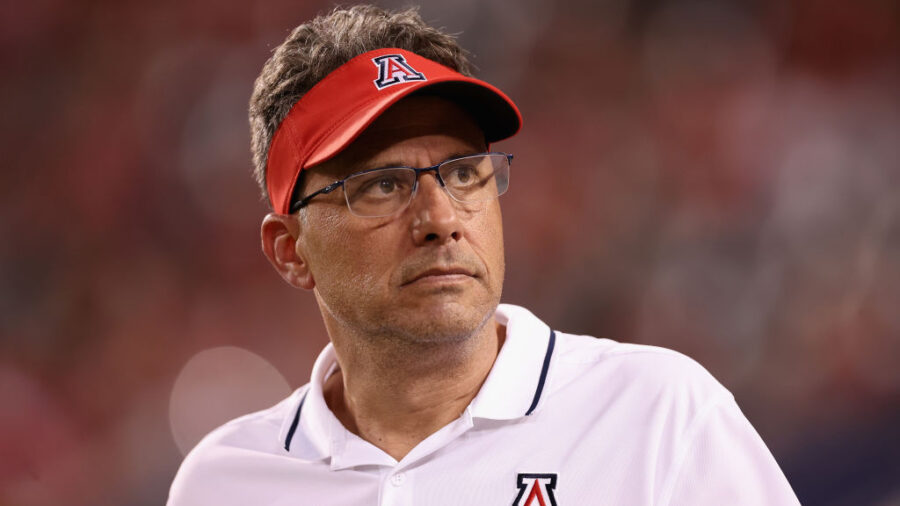Introduction:
Apple Halts US Sales of Series 9 and Ultra 2 Smartwatches Amid Patent Dispute: A Deep Dive into the Legal Battle and Future Implications Apple unexpectedly announced on Monday that it will be temporarily stopping the sales of its Series 9 and Ultra 2 smartwatches in the US, amid a legal dispute
over the technology underlying these devices’ blood oxygen capability.
Apple Halts US Sales of Series 9 and Ultra 2 Smartwatches Amid Patent Dispute: A Deep Dive into the Legal Battle and Future Implications
Background:
The action follows an October decision from the U.S. International Trade Commission (ITC) that may have prevented Apple from importing its Apple Watches due to a patent infringement claim brought forth by the medical technology company Masimo. President Joe Biden is now reviewing the ITC’s decision through December 25. If the ban is not vetoed, it will go into force on December 26.
Sales Halt Details:
On December 21, Apple said that it would halt sales on its website; after December 24, Apple retail stores would follow suit. Notably, versions like the Apple Watch SE that are untouched by the blood oxygen sensor controversy will still be sold..
Market Impact and Timing:
The entire effect on Apple’s holiday sales, according to industry analysts like Ryan Reith of IDC, is expected to be felt in January and February, which have historically been the company’s weaker months in the US. Apple continues to have faith in its capacity to handle the situation given the abundance of Watch 8 and SE inventories.
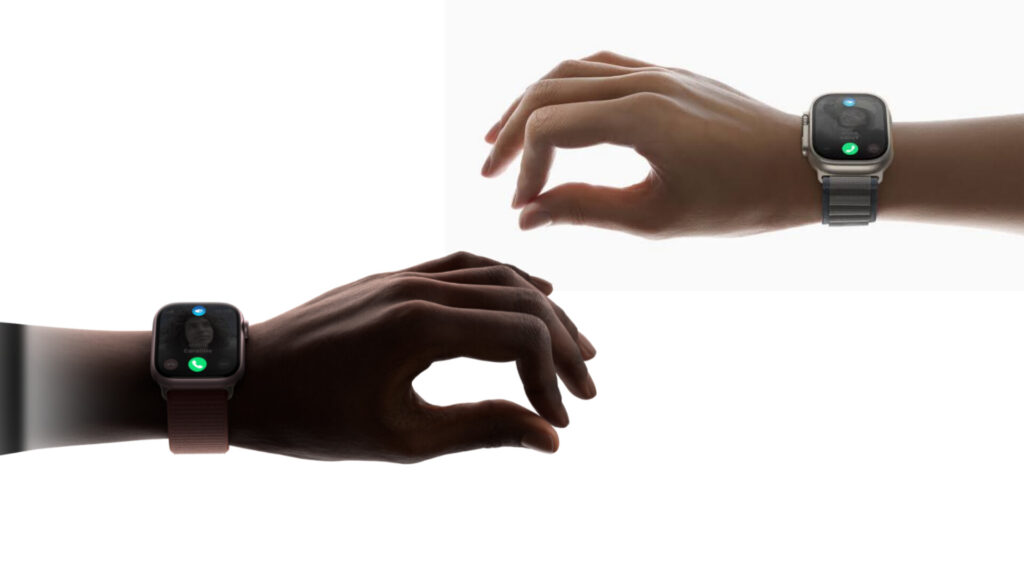
Global Market Perspective:
Despite the setback in the US, Apple assures its customers that the Series 9 and Ultra 2 will still be available for purchase outside of the country, especially during the Asian Lunar New Year season. Apple has a about 25% global market share for smartwatches, according to Counterpoint Research; during the American and European holiday shopping seasons, this proportion typically rises to over a third.
Legal Battle and Allegations:
Masimo claims Apple stole its pulse oximetry technology and used it to make the Apple Watch. It also claims Apple poached its staff. A countersuit for patent infringement filed by Apple in a federal court in Delaware and a mistrial on Masimo’s claims in a California federal court are two ongoing legal battles.
Apple’s Response and Contingency Plans:
Apple declares that it disagrees with the ITC’s conclusion and that it will file an appeal with the Federal Circuit. In order to comply with the restriction, the business is actively looking into technical solutions, such as changing the smartwatches’ algorithms. According to Bloomberg, Apple is getting ready for the shift in retail displays by promoting the Apple Watch without showing pictures of the impacted Series 9 and Ultra 2 versions.
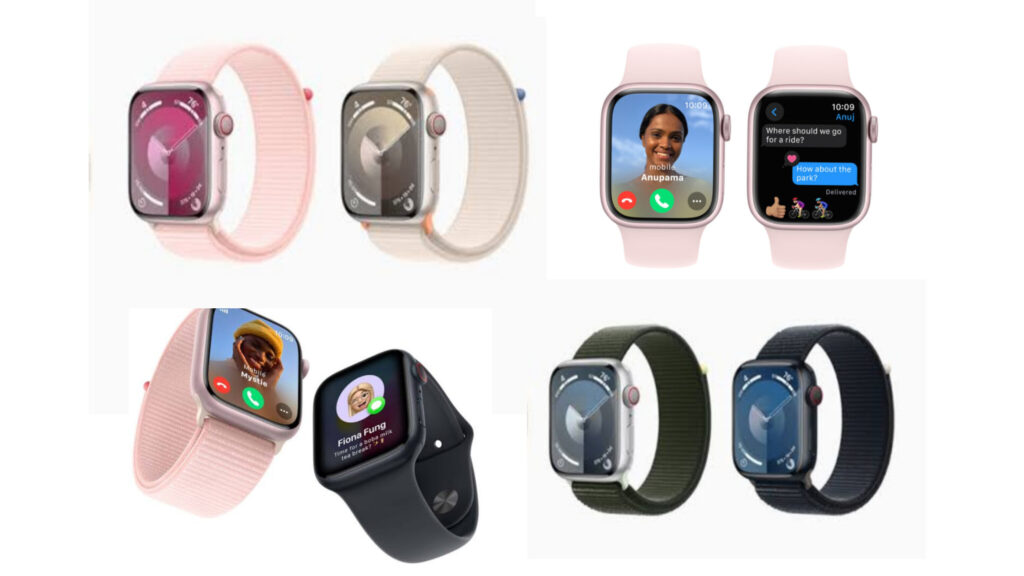
Outlook and Challenges:
Apple is investigating a number of legal and technological alternatives to deal with the prohibition while the Biden administration considers its choice. The significance of a possible settlement or new technological solution is highlighted by the uncertainty around the potential influence of the disputed technology on future products
Conclusion:
Apple is facing a difficult situation as it balances potential legal challenges, market fallout, and its commitment to maintaining product availability in light of the sales halt. All eyes are on Apple’s manoeuvring through this complex legal landscape and the Biden administration’s decision as the deadline draws near.
connections to other source websites:
FAQs:
- Why is Apple stopping the US sales of the Series 9 and Ultra 2 smartwatches?
A patent dispute exists between Apple and the blood oxygen technology used in these products.
2. What time will the sales halt begin?
On December 21, sales will be suspended on Apple’s website; after December 24, sales will resume in physical shops.
3. How is Apple handling the disagreement?
Apple plans to challenge the ITC ruling because it thinks it is incorrect, and it is actively looking at both legal and technological alternatives.

